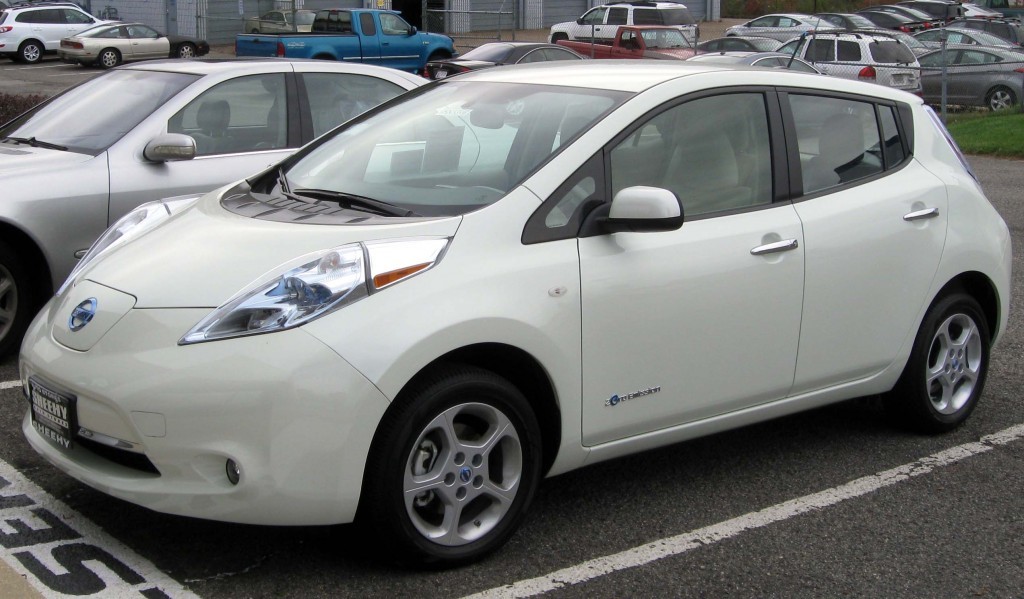
Employers are spending £5.5 billion each year in mileage claims and vehicle allowances for staff who use their own cars for work, according to a new study.
The UK’s so-called grey fleet consists of 14 million vehicles which are mostly older, dirtier and less safe than company cars, researchers found.
The report, produced by the Energy Saving Trust (EST) and commissioned by trade body the British Vehicle Rental and Leasing Association (BVRLA), found that companies could reduce their
emissions and cut costs if they switched to car clubs, lease vehicles or public transport.
Employee-owned cars used for work make up some of the oldest in the UK, with an average age of 8.2 years, the study claimed.
It stated that cutting the number of such vehicles by just 15% would result in a reduction in emissions equivalent to taking 225,000 cars off the road permanently.
Employees are often reimbursed on a pence per miles basis in return for using their own vehicle and many receive an allowance if they do not have a company car.
Researchers found that private sector firms fork out almost £5 billion each year in costs associated with the business use of cars owned by their staff, while the public sector pays £786 million.
BVRLA chief executive Gerry Keaney said the reimbursement of these motorists is “the only part of the motoring tax regime that provides no incentive to drive fewer business miles or use cleaner vehicles”.
He went on: “This blind spot is wasting taxpayer money, costing businesses millions of pounds, damaging our environment and making our roads more dangerous.”
The BVRLA called for a 50% reduction in grey fleet mileage and costs by 2020. It is urging the Government to highlight alternatives to these vehicles, particularly for public sector
organisations where taxpayers’ money is at stake.
Andrew Benfield, the EST’s group director of transport, said: “Switching to more modern vehicles for work purposes can lead to significant cost savings, cut vehicle emissions and improve
employee safety.
“Bosses should introduce rigorous electronic mileage management systems to reduce mileage inflation by employees claiming a mileage allowance, and remove the incentive to drive unnecessary
business miles.
“Car rental should be adopted for any work-related vehicle journey over 55 miles and a vehicle should be leased for employees driving at least 10,000 business miles per year.
“Employers should also incentivise alternatives to driving such as public transport, cycling and walking.”